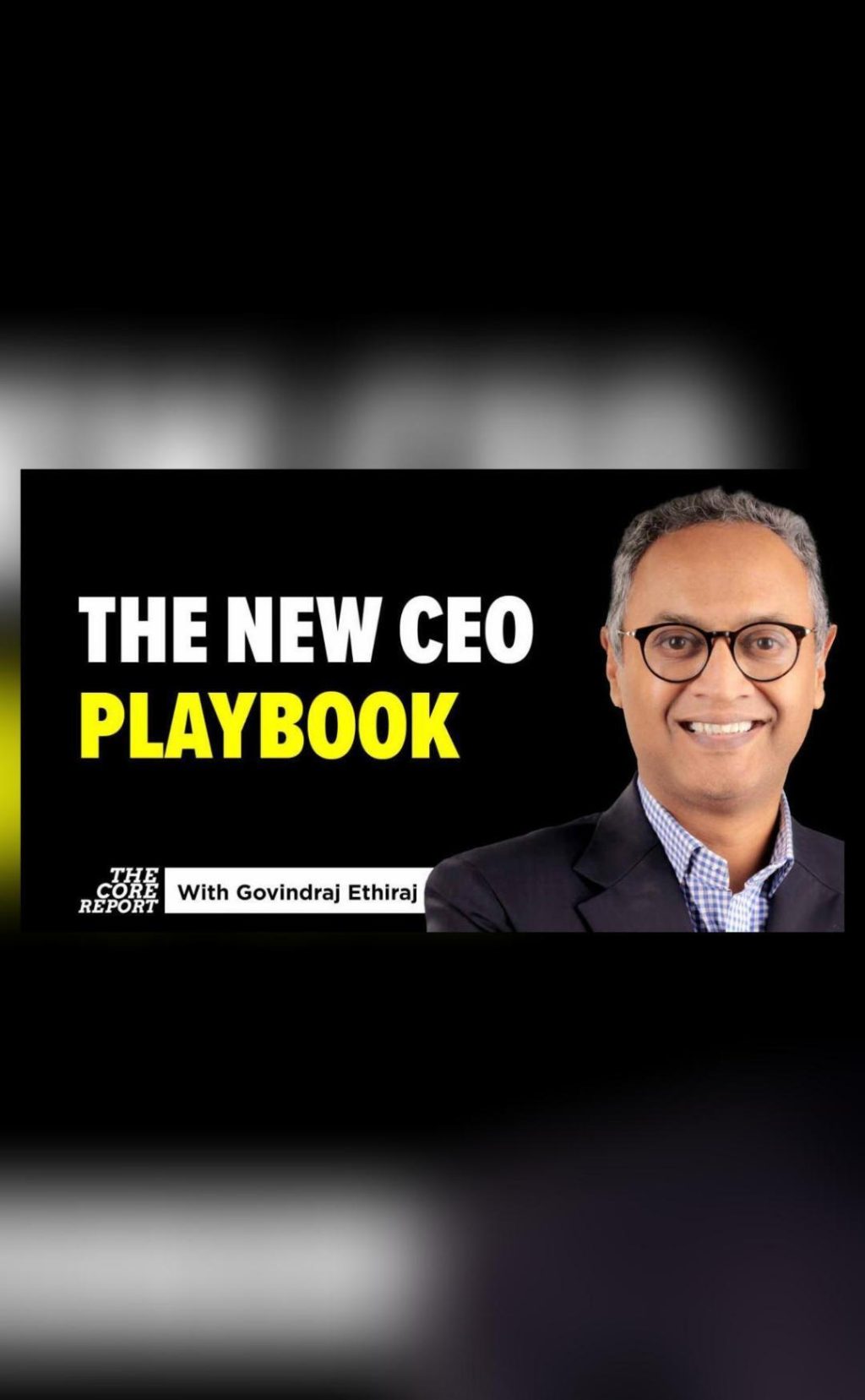
The New CEO Playbook: AI Pressures & Global Tariff Shocks
As the world becomes increasingly interconnected and complex, CEOs are facing unprecedented challenges. The rise of Artificial Intelligence (AI) is reshaping industries, while global tariff shocks are disrupting trade and commerce. In this new landscape, business leaders must rethink strategy and operations to stay ahead of the curve. With no guarantee of stability, companies are being pushed to localize, adapt, and reconsider long-held business models.
The AI Revolution
AI is transforming industries at an unprecedented pace. From customer service to supply chain management, AI-powered tools are automating processes, improving efficiency, and driving innovation. However, this shift is not without its challenges. As AI replaces human workers, CEOs must grapple with the social and economic implications of automation.
A recent study by the McKinsey Global Institute found that up to 800 million jobs could be lost worldwide due to automation by 2030. While AI will undoubtedly create new job opportunities, the pace of change is forcing CEOs to rethink their workforce strategies.
Tariff Shocks and Global Trade
Meanwhile, global tariff shocks are disrupting trade and commerce. The ongoing trade tensions between the United States and China, as well as the impact of Brexit on European trade, are creating uncertainty and volatility for businesses around the world.
The consequences of these tariff shocks are far-reaching. Companies are facing increased costs, reduced market access, and supply chain disruptions. According to a recent survey by the Economist Intelligence Unit, 70% of companies reported that trade tensions have had a significant impact on their business operations.
The New CEO Playbook
In this new landscape, CEOs must develop a new playbook to navigate the challenges of AI and tariff shocks. Here are some key strategies for business leaders to consider:
- Embrace AI: While AI may replace some jobs, it also offers significant opportunities for growth and innovation. CEOs should invest in AI-powered tools and technologies to drive efficiency, improve customer service, and stay ahead of the competition.
- Localize and Adapt: Tariff shocks and trade tensions are forcing companies to rethink their global supply chains. CEOs should focus on localizing production, adapting to changing trade policies, and diversifying their supply chains.
- Rethink Business Models: The rise of AI and tariff shocks is forcing companies to reconsider their long-held business models. CEOs should be willing to disrupt their own industries and create new business models that are better suited to the changing landscape.
- Invest in Talent: As automation replaces human workers, CEOs must prioritize investing in their remaining employees. This includes upskilling and reskilling programs, as well as providing training and support for AI-powered tools.
- Foster Global Partnerships: In a world of increasing trade tensions, CEOs should focus on building strong partnerships with global suppliers, customers, and competitors. This can help to mitigate the impact of tariff shocks and create new opportunities for growth.
- Stay Agile: The pace of change is accelerating, and CEOs must be willing to adapt quickly to changing circumstances. This includes staying ahead of the curve on AI and automation, as well as being prepared to pivot business strategies in response to shifting trade policies.
Conclusion
The new CEO playbook is all about embracing change, adapting to uncertainty, and driving innovation. As AI reshapes industries and tariff shocks disrupt trade, business leaders must be willing to rethink their strategy and operations. By embracing AI, localizing and adapting, rethinking business models, investing in talent, fostering global partnerships, and staying agile, CEOs can navigate the challenges of the new landscape and create a more sustainable and successful future for their companies.
Source
Watch the full video for more insights on the new CEO playbook: https://youtu.be/0osLVVtj7tY






